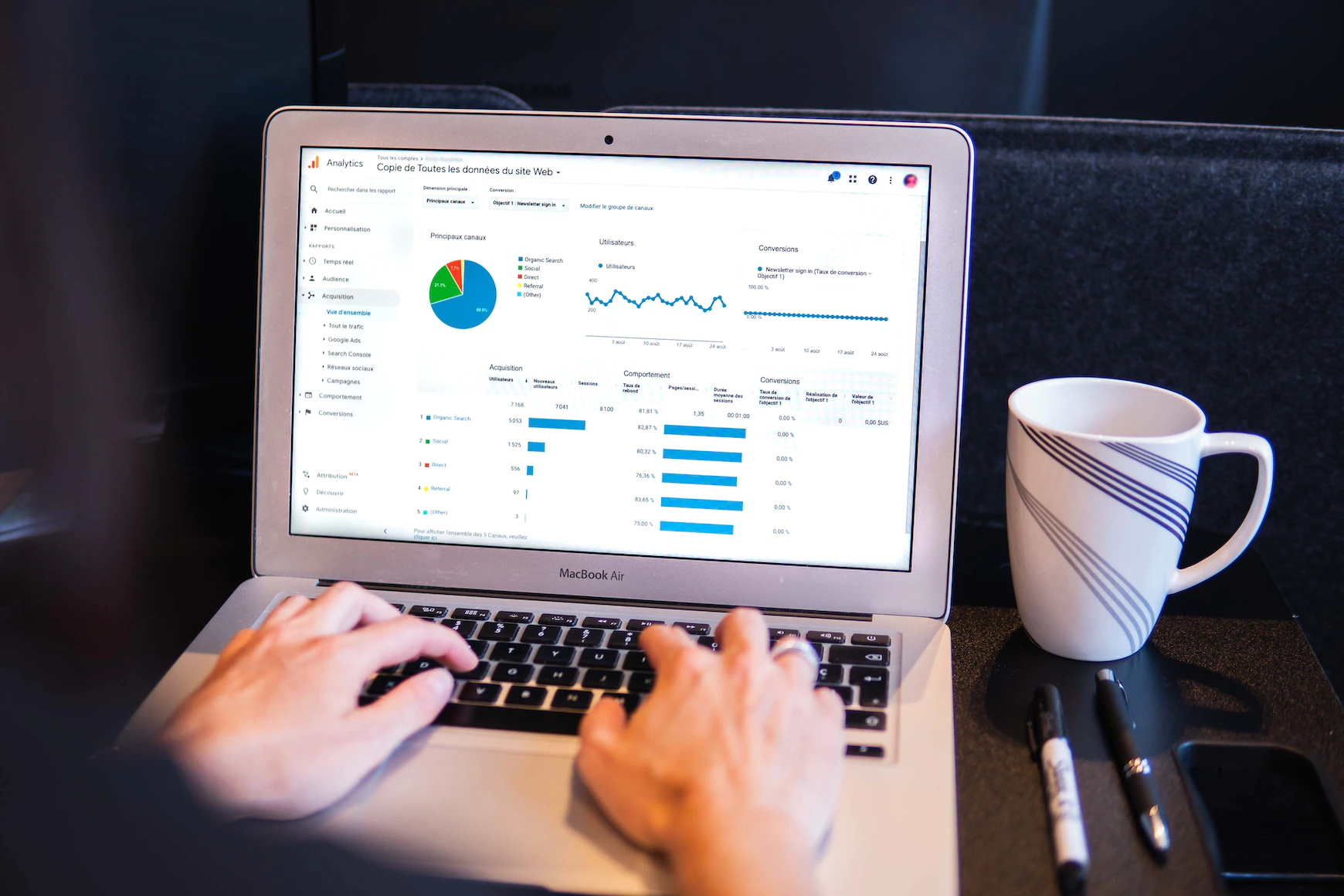
In a shocking move for SEO experts, Google Analytics 3 will stop collecting new data July 1, 2023 onwards. Looks like it’s time to welcome Google Analytics 4!
Google posted a notice on Google Analytics stating, “Two and a half years ago, we introduced Google Analytics 4 to address these evolving measurement standards and help businesses succeed.
Google Analytics 4 has the flexibility to measure many different kinds of data, delivering a strong analytics experience that’s designed for the future.
It allows businesses to see unified user journeys across their websites and apps, use Google’s machine learning technology to the surface and predict new insights, and most importantly, it’s built to keep up with a changing ecosystem.”
Explaining the difference between Google Analytics 3 and Google Analytics 4, Google says, “GA3 was built for a generation of online measurement that was anchored in the desktop web, independent sessions and more easily observable data from cookies.
However, this measurement methodology “is quickly becoming obsolete. While GA4 operates across platforms, does not rely exclusively on cookies and uses an event-based data model to deliver user-centric measurement.”
Further, Google says GA4 is advanced in terms of privacy as it provides more comprehensive and granular controls for data collection and usage — and it does not store IP addresses, a necessary adjustment required by data privacy regulations in many locations.

Google promises that GA4 will better support your business by helping you:
- Understand your customers across touchpoints
- Get a complete view of the customer lifecycle with an event-based measurement model that isn’t fragmented by platform or organised into independent sessions.
- Improve ROI with data-driven attribution
- Use data-driven attribution to analyse the full impact of your marketing across the customer journey.
- Measure engagement and conversions with business and compliance needs in mind
- With GA4, you’ll have country-level privacy controls that enable you to manage and minimise the collection of user-level data — like cookies and metadata — while preserving key measurement functionality.
- Get greater value from your data with predictive insights about user behaviour and conversions generated by machine learning.
- Easily activate your insights with expanded integrations with other Google products like Google Ads, making it easier to optimise your campaigns.
What to do now:
From July 1, 2023, all standard Universal Analytics properties will stop processing new hits, and from October 1, 2023, 360 Universal Analytics properties will do the same.
After that, you can access your previously processed data in Universal Analytics for at least six months.
If you want to build the necessary historical data before Universal Analytics stops processing new hits, you need to move to Google Analytics 4 as soon as possible.

Not sure how to migrate to Google Analytics 4?
Let us know, we’re here to help.





